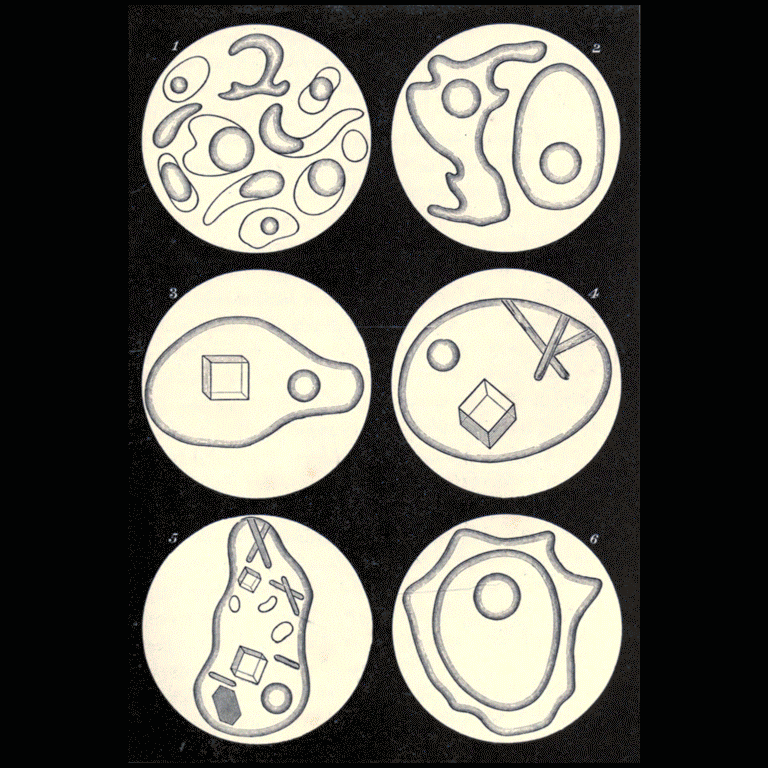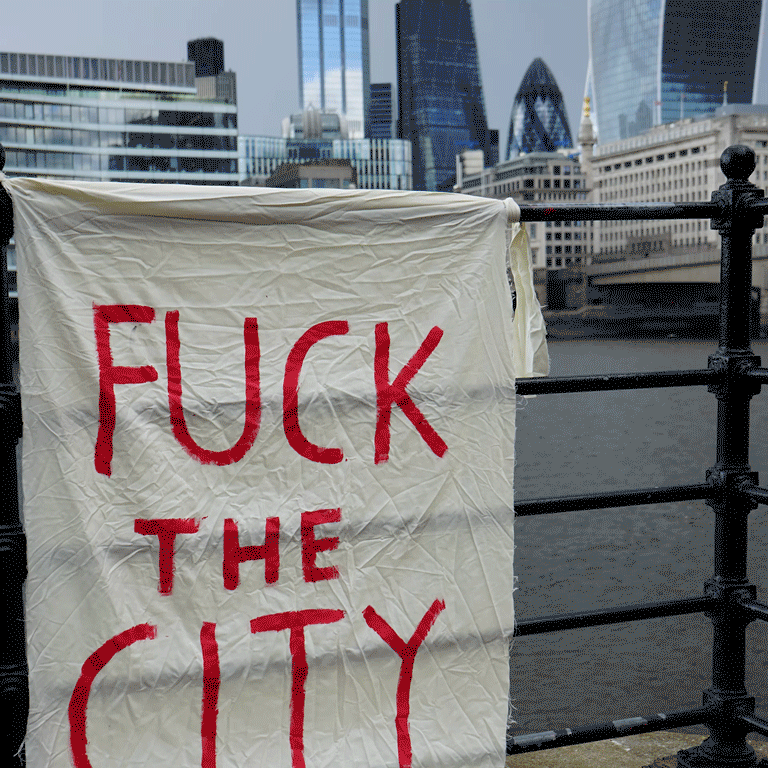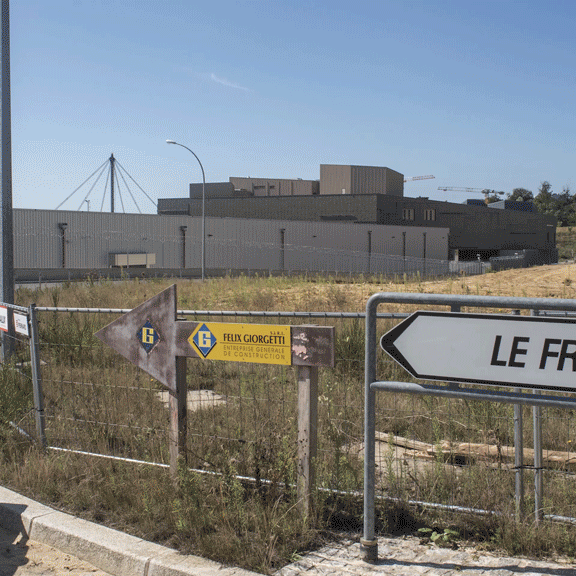welcome ︎
welcome ︎
welcome ︎
welcome ︎
welcome ︎
welcome ︎
welcome ︎ welcome ︎
welcome ︎
welcome ︎
welcome ︎
welcome ︎
welcome ︎
welcome ︎
Waste Authority Collective
Performance, video, text, workshop
Collective
Waste Authority is a collective dedicated to the collection, examination and creative reimagining of cultural waste. We use a collaborative, experimental approach to writing as our main tool to compost the rotting but nutritious leftovers of our experiments. We write scripts, make videos, perform together, and run workshops that expand this composting methodology, opening our research to social practitioners where possible. In doing so we ask, what unexpected objects can we generate through the relinquishment of individual authorship?
Waste Authority Collective was founded in 2021 by Patrick O’Neill, Kevin Siwoff and Anita Marante.
Waste Authority Collective was founded in 2021 by Patrick O’Neill, Kevin Siwoff and Anita Marante.
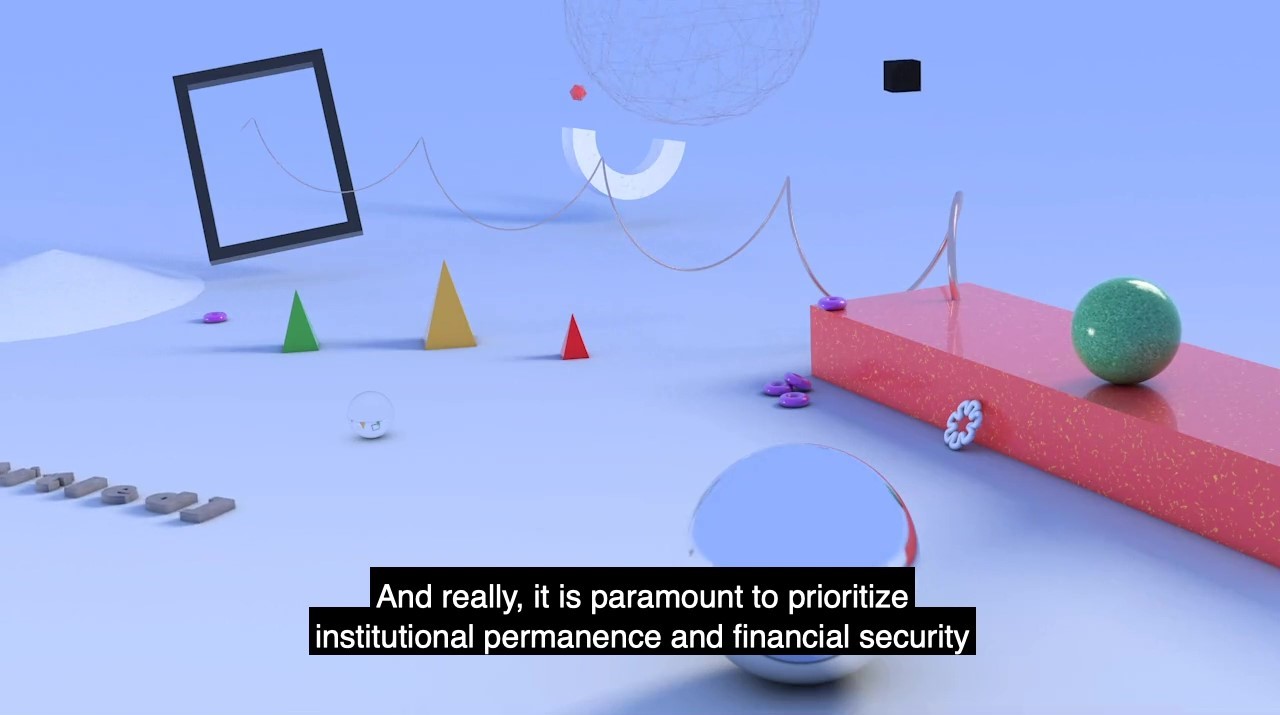
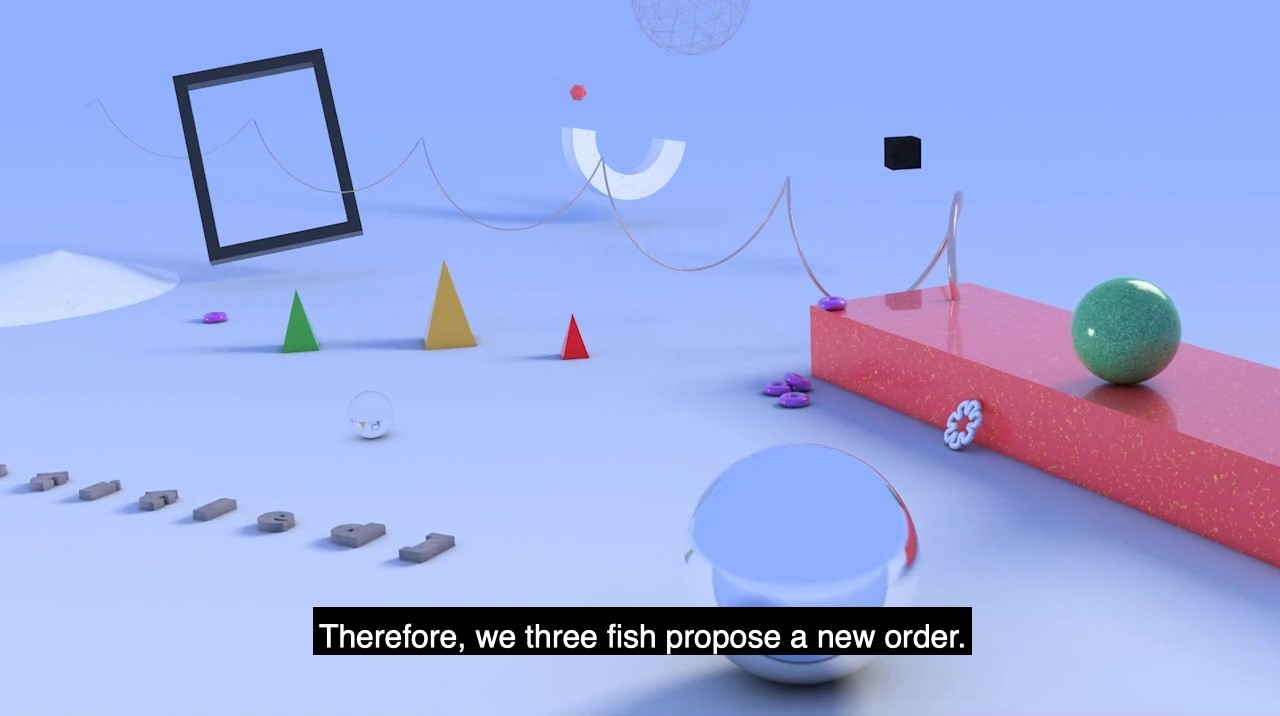
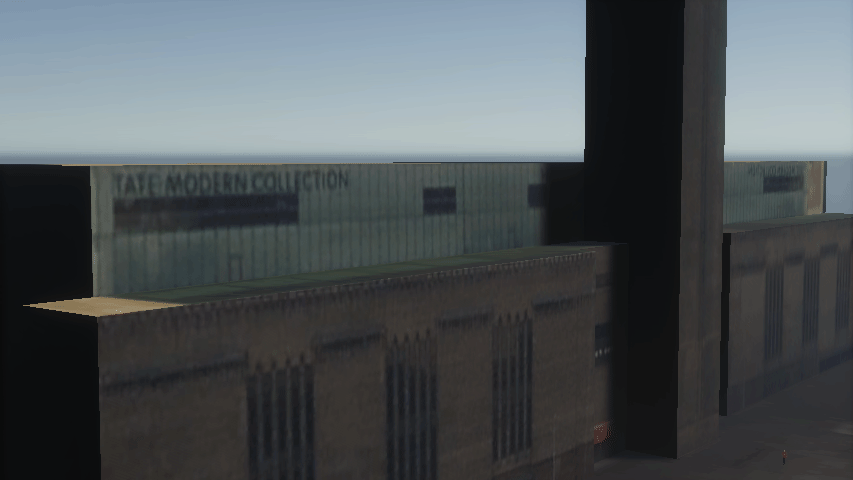
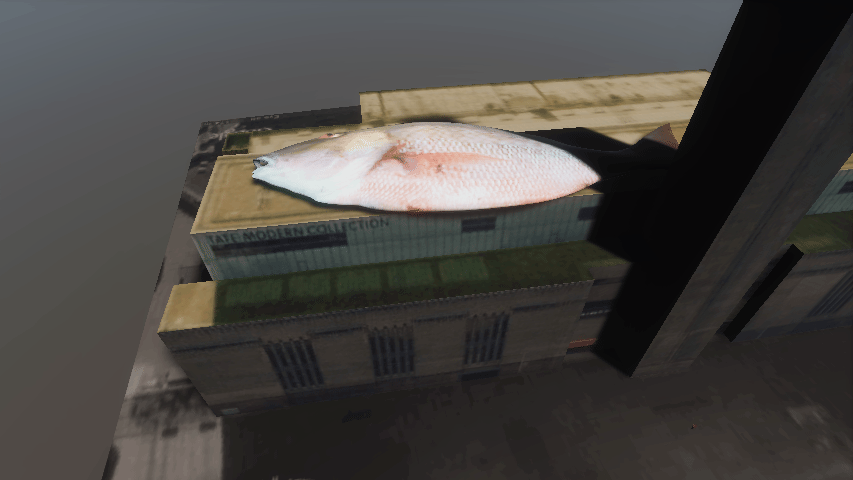
The expanded landscape of the contemporary cultural institution is an assemblage of heterogeneous object-practices. These objects are both material and immaterial. They can be viewed, touched, smelled, stored, ingested, inhabited, and valued. But they are also functions: Labour practices, health and safety regulations, in/ex-clusions, historical fabulations and cultural appropriations. In a time of ongoing social and environmental crisis, we consider the urgency for which each of these objects must be re-evaluated, discarded, composted, and regenerated to form a new landscape assemblage. Like a healthy sourdough culture, one must discard some parts in order to keep it alive and growing, but the waste-matter itself has potential for nourishment.


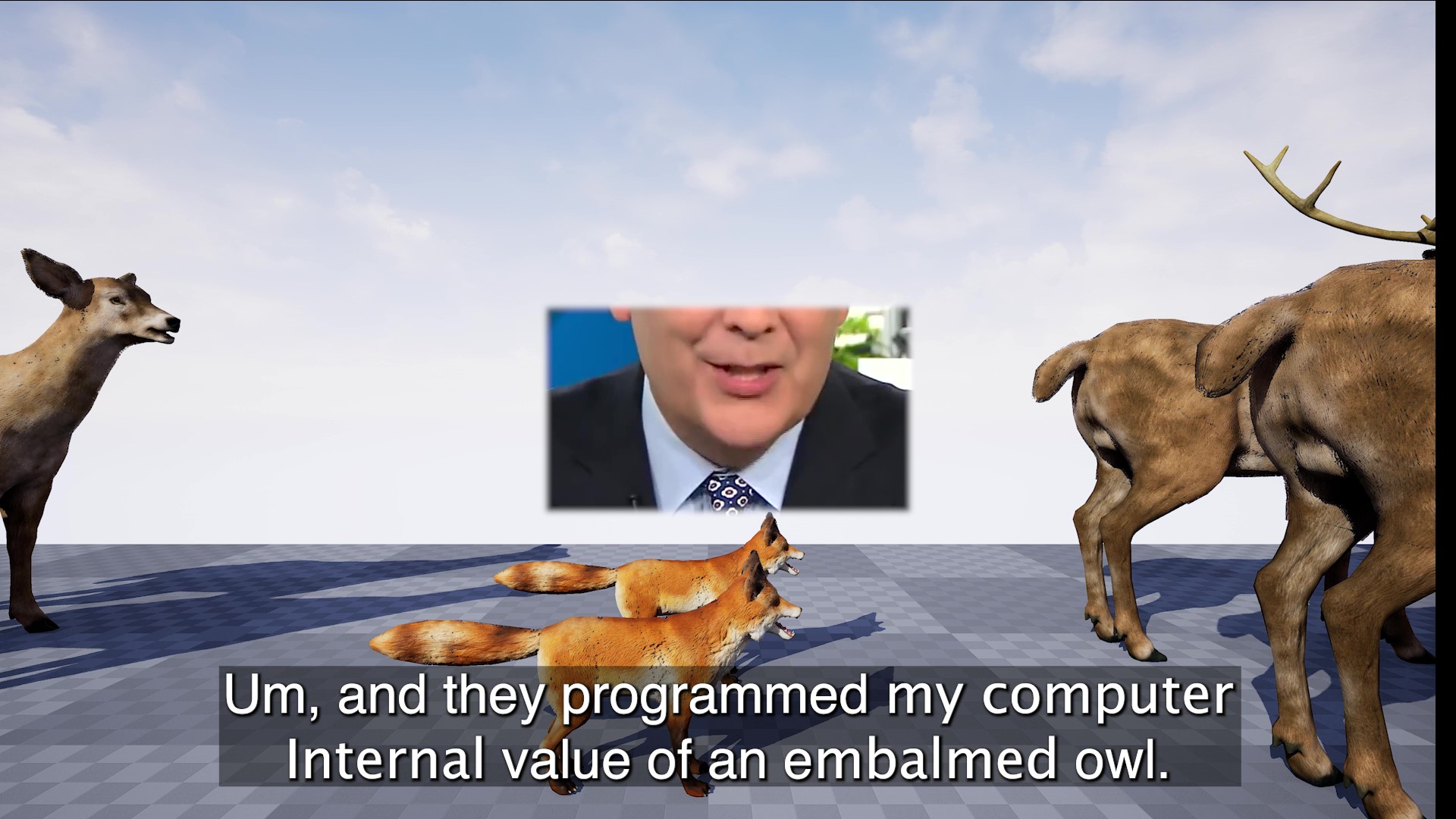
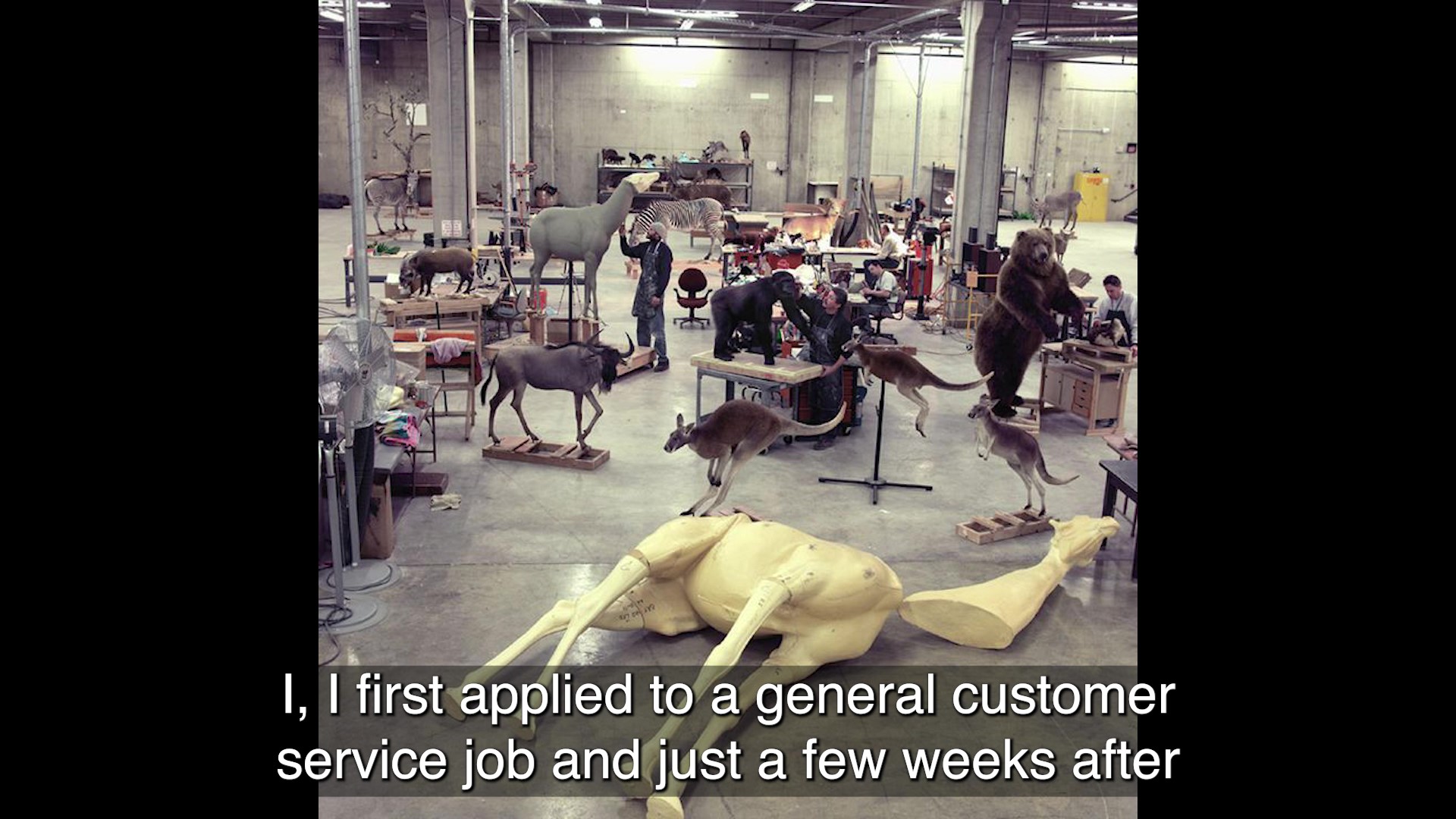

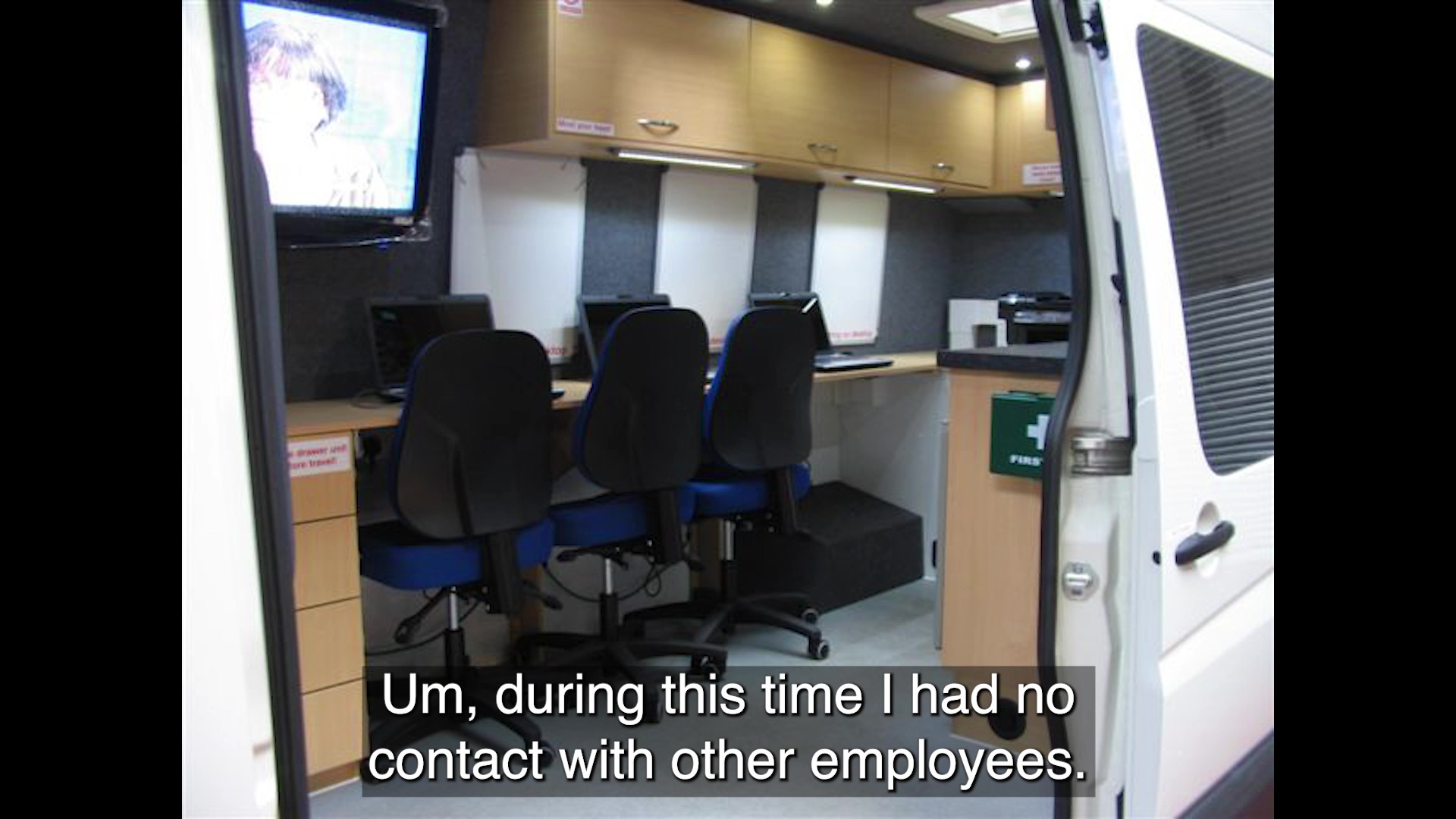
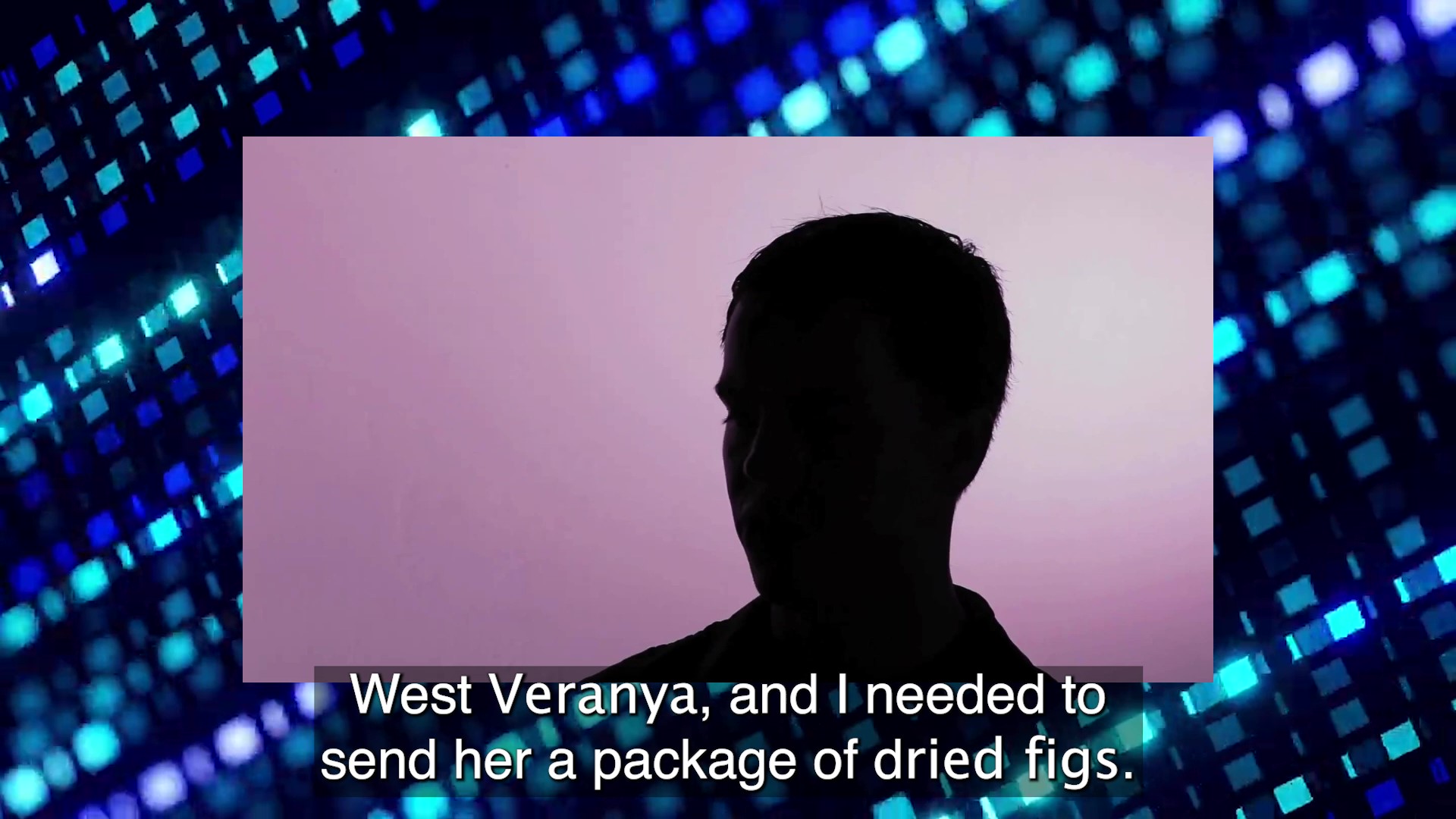
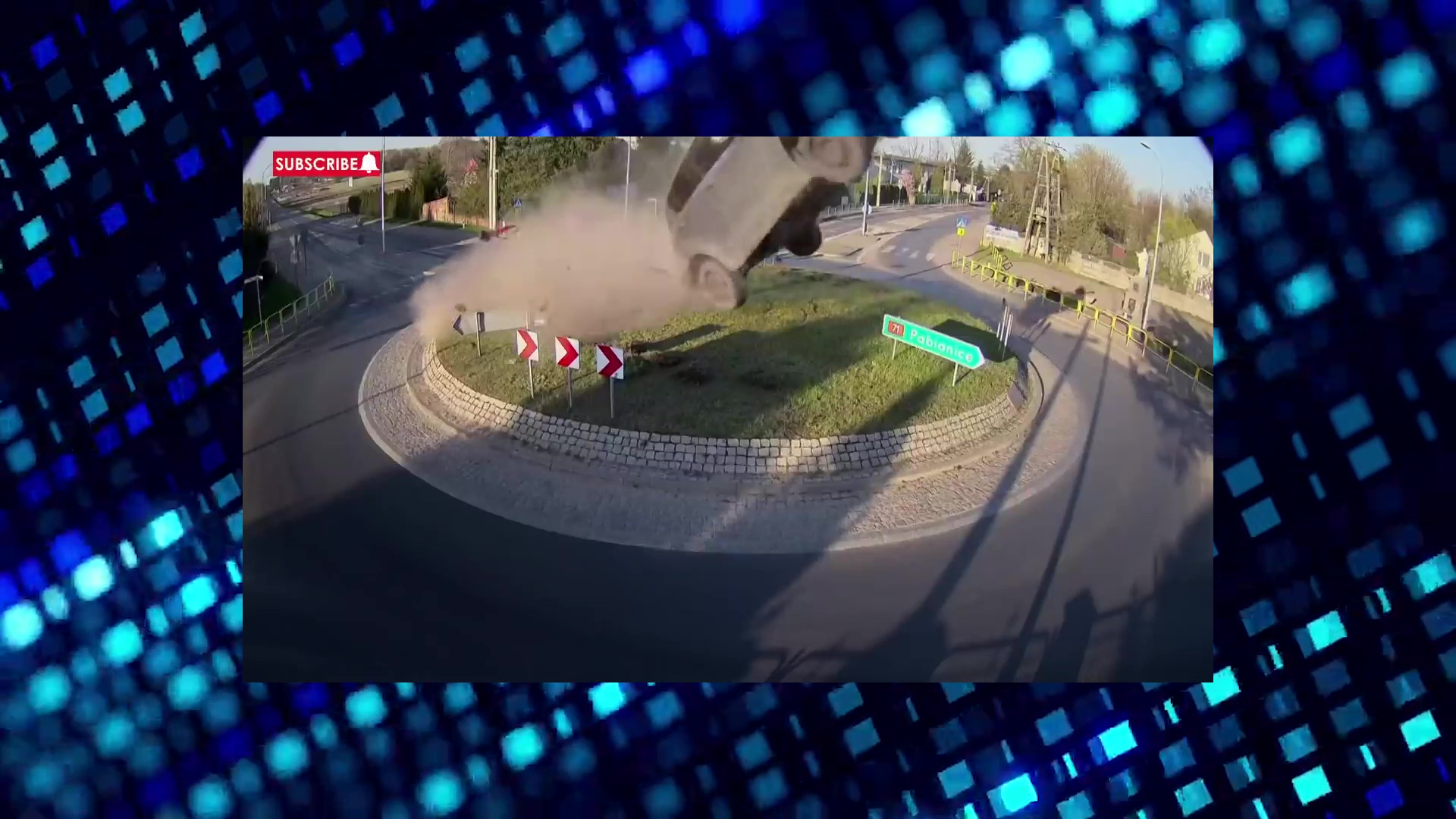
Film stills from the video ‘Office or Refunds’, 10’20”.
Our areas of inquiry emerge from collaborative speculative fictioning. ‘In The Institution Cultures Itself in Us’, we begin with an interview between museum administrators, and then shift into the non-human register of three fish in the museum’s collection, criticizing institutions from the point of view of objects that inhabit it, from archives to the museum’s coffee shop. In ‘Office of Refunds’, we act as a customer service team responding for the imaginary Ministry of Financial Ruin, inspired by real examples of financial crimes and poor labour practices. In the making of the fiction, explored through video and fake documents, we adopt the apologetic and pleasing language of companies to confuse or parody notions of internal and external value, time cost, and terrestrial borders.


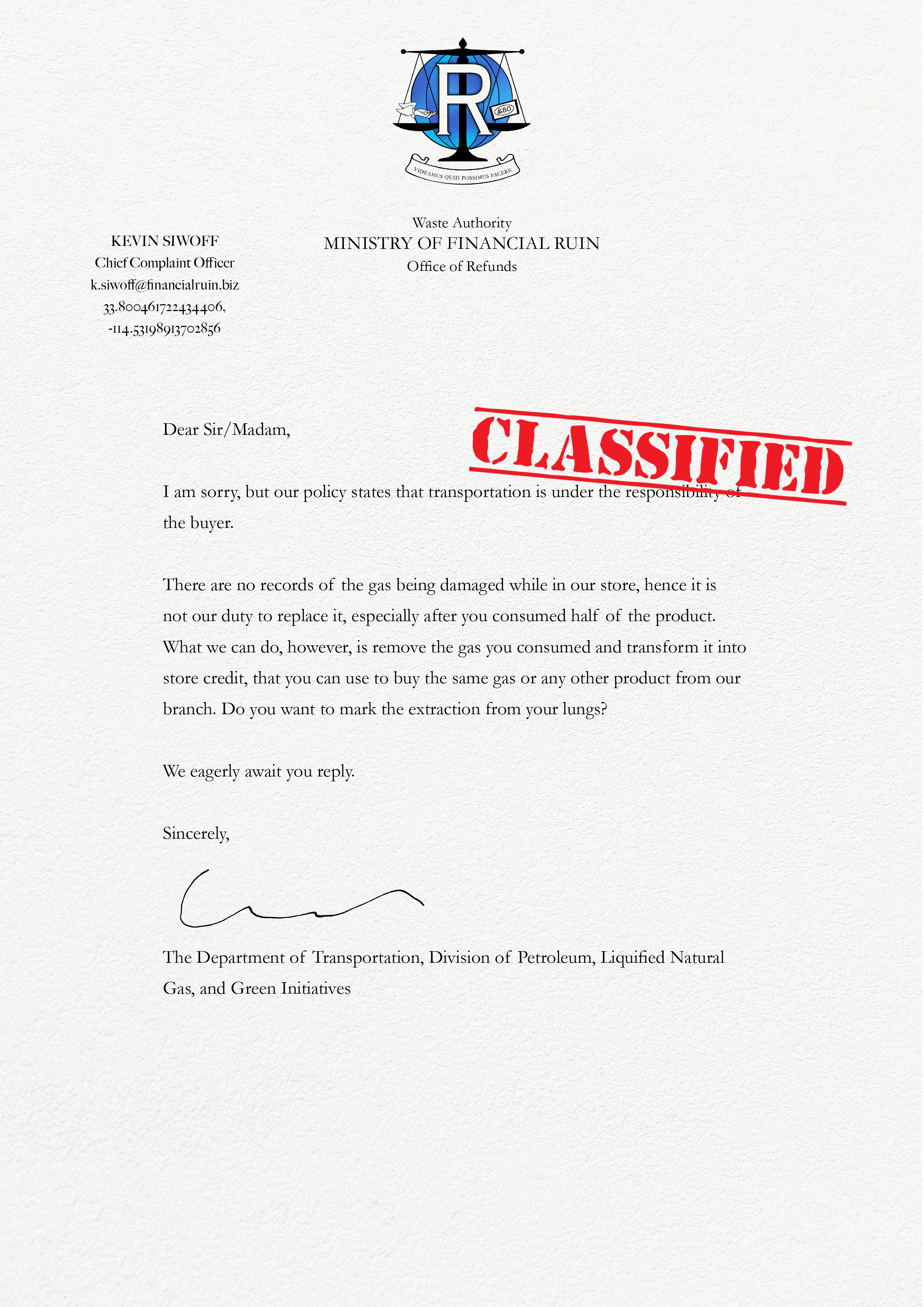
Letters from ‘Ministry of Financial Ruin’, by Waste Authority with Isaac Azzopardi
